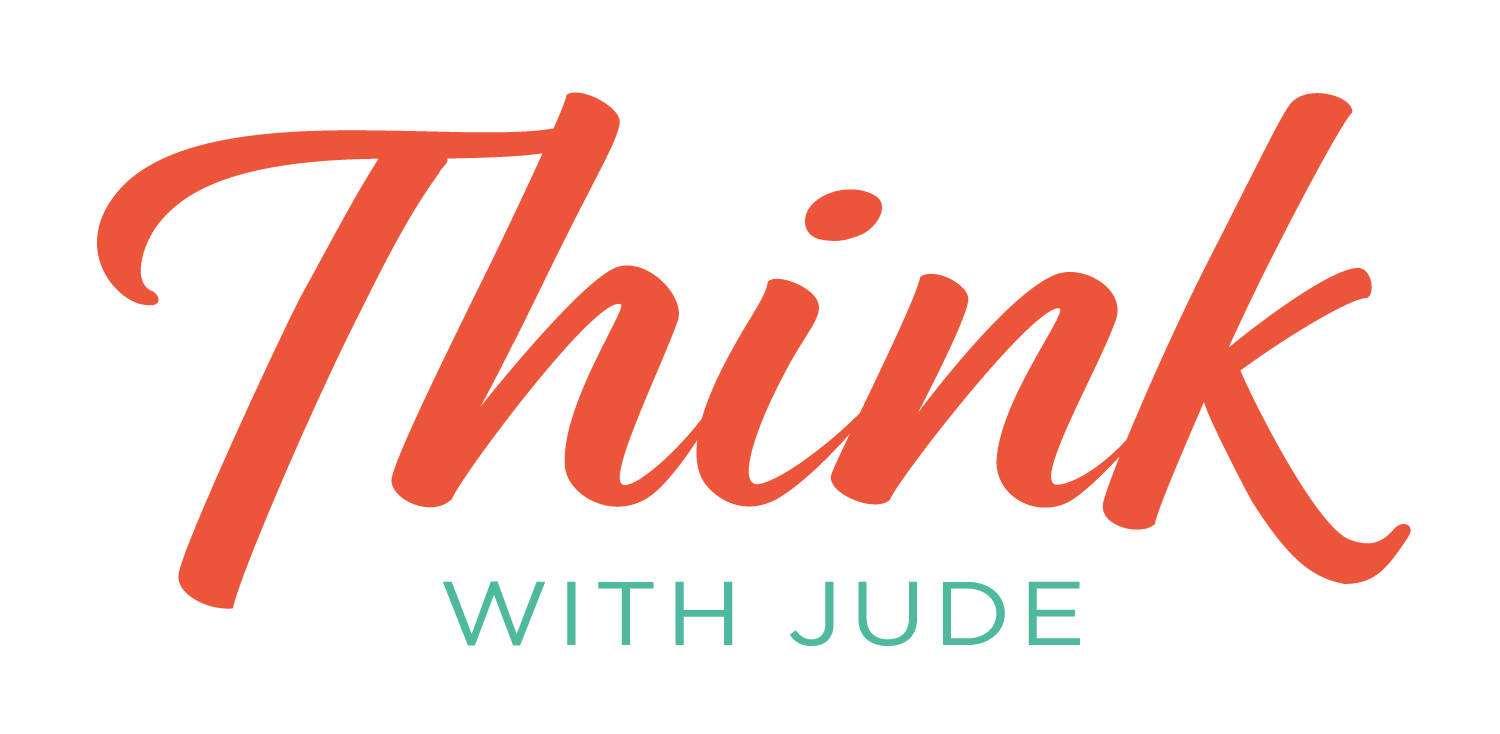An easy way to use the GROW coaching model everyday
Has your organisation ever mandated that you go on a coaching skills course?
They’re usually half to a full day and often introduce you to the GROW model, the absolute foundation of coaching as we know it.
The GROW Model – a quick summary
The GROW model outlines the 4 stages of a coaching conversation that encourages the Thinker to find their own solution, so you don’t have to.
G – Goal – What do you want? This can be short term, what do you want out of this conversation? Or longer term, what do you want by the end of this performance year?
R – Reality – Where are you now?
O – Options – What could you do?
W – Will – What will you do?
Your role is to guide your Thinker through these 4 stages. Sometimes that happens in a linear way, sometimes you jump around.
It’s simply too much
This very simple model is super powerful and that’s probably why all other coaching models look eerily similar.
But while the model is simple, changing the way you have a conversation with your team is not.
I did 50 hours of training that included coaching other people on the programme before I worked with my first non-trainee coach Thinker. And even then I was terrified.
So expecting someone who has had less than 6 hours of training to change the way they have a conversation with their team is ludicrous. No one wants to look like an idiot stumbling through a new model.

Here’s how to make it simple
I’m all for keeping it simple when it comes to experimenting with coaching.
Instead of trying the whole model in one conversation, try focusing on the Goal stage.
Pick 2-3 questions you’d feel comfortable asking in your conversations this week and stick them to your screen. No one will ever know ?
Here are some to get you started and more are here.
Goal
- Where do you want to get to by the end of this conversation?
- In an ideal scenario what would be happening?
- If you could have the perfect outcome what would it be?
- What do you want to be doing at the end of this performance year that you can’t do now?
- What does success look like for you in this project?
- How do you want to be perceived by senior management?
- What will promotion get you that you don’t have now?
Try them out in as many conversations, both work and home, as you can.
Then drop me a line about what you noticed – jude@thinkwithjude.com
Did your conversations change or did they stay the same?
How did it feel to ask those questions?
Do you think anyone noticed you were coaching them?




